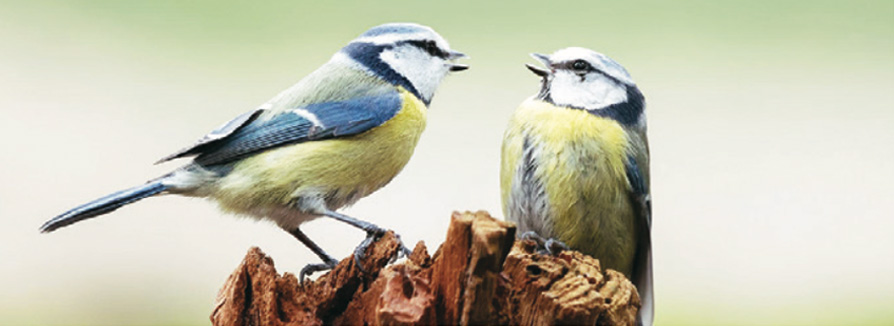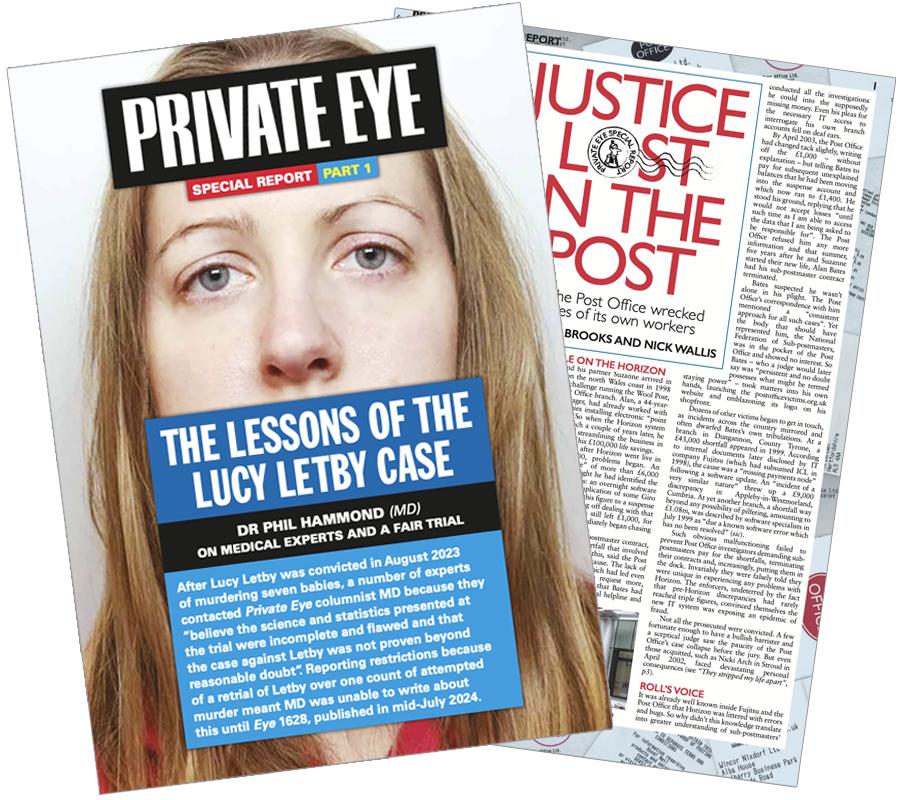
Bird brained
Pesticides , Issue 1647 PESTICIDES in flea treatments for cats and dogs are killing the chicks of blue tits and great tits, according to recent research from the University of Sussex, funded by the charity SongBird Survival.
 The songbirds line their nests with pet fur that is infused with the pesticides fipronil and imidacloprid (a neonicotinoid), which were banned in agriculture in 2013 and 2018 respectively. They are still, however, the main ingredients in some "spot on" pet treatments for fleas and ticks.
The songbirds line their nests with pet fur that is infused with the pesticides fipronil and imidacloprid (a neonicotinoid), which were banned in agriculture in 2013 and 2018 respectively. They are still, however, the main ingredients in some "spot on" pet treatments for fleas and ticks.
Vets are now advising pet owners not to leave pet fur outside for nesting birds.
Waterways have also been affected. When dogs swim, the product on their skin pollutes the water where it can be poisonous to fish and aquatic organisms. Bees are at risk, too, with Imperial College research showing that one monthly flea treatment for a large dog contains enough imidacloprid to kill 25 million bees.
What action is being taken on the issue? Last month the Department for Environment, Food and Rural Affairs (Defra) said its agency, the Veterinary Medicines Directorate (VMD), would now "support a review of environmental risk assessment guidelines for companion animal parasiticides, such as pet flea and tick treatments".
What Defra failed to mention was that the VMD and other government bodies have been discussing this for years but have still not offered a timetabled plan of action for such a review.
Back in 2018, Professor Jason Weeks – a member of the VPC (Veterinary Products Committee), which advises the VMD, and chair of PIE (Pharmaceuticals in the Environment group) – said the toxicity of the pesticides "may present significant risks to the environment". He concluded that other product formulations should be considered instead, and that the VMD should investigate.
Roll on to April 2023 and PIE stated it wanted to gain a better understanding of the potential sources of pesticide in UK waterways. Then, in July 2023, each member organisation of PIE "provided an overview of their perspective on the current situation... and proposed future directions for the group", and in October 2023 they agreed to create a road map for what was to be done.
Last October, VMD management met to agree future priorities, which, alas, did not include tackling the veterinary medicines issue. As for the road map, in reply to a letter to environment secretary Steve Reed querying progress, Defra said in February that once the road map was finalised it would be shared with stakeholders.
In late March in a Commons debate, minister Emma Hardy said Defra was "actively gathering evidence on that complex, multifactorial issue" of veterinary pesticides, and that the "VMD is prioritising the development of an evidence base". She mentioned the development of a "road map" but could give no detail of when this much spoken-of map might be available.
It seems the birds and their chicks will be at risk from the pesticides for some time to come.
More top stories in the latest issue:
BROKEN REED
After criticising the Tories for "turning a blind eye" to "illegal sewage dumping", Labour has developed its own blind eye now it's in power.
PANEL GAMES
The National Grid has been dragged into the arguments over the development of what would be Europe's largest solar farm.
GOLD DIGGERS
As well as developers Martin Corney and Chris Musgrave trousering fortunes from the Teesside regeneration, their family members are prospering too.
TFSI-TURVY
A financial sanctions watchdog report shows the lack of consequences for anyone trying to get round restrictions since Russia's invasion of Ukraine.
RATE RATS
Scammers are targeting small business owners with false promises to get their business rates reduced.
EVICTOR SPOILS
The search for works worth £10m by a reclusive artist continues, after a major housing provider evicted him from his flat following a massive stroke.
HIT SEND
Councils are increasingly pushing back on parents in an attempt to reduce their rising special educational needs and disabilities (SEND) budgets.
OXY MORONIC
Unqualified practitioners are selling the use of hyperbaric oxygen chambers to treat a range of conditions, despite no evidence to support their claims.



































